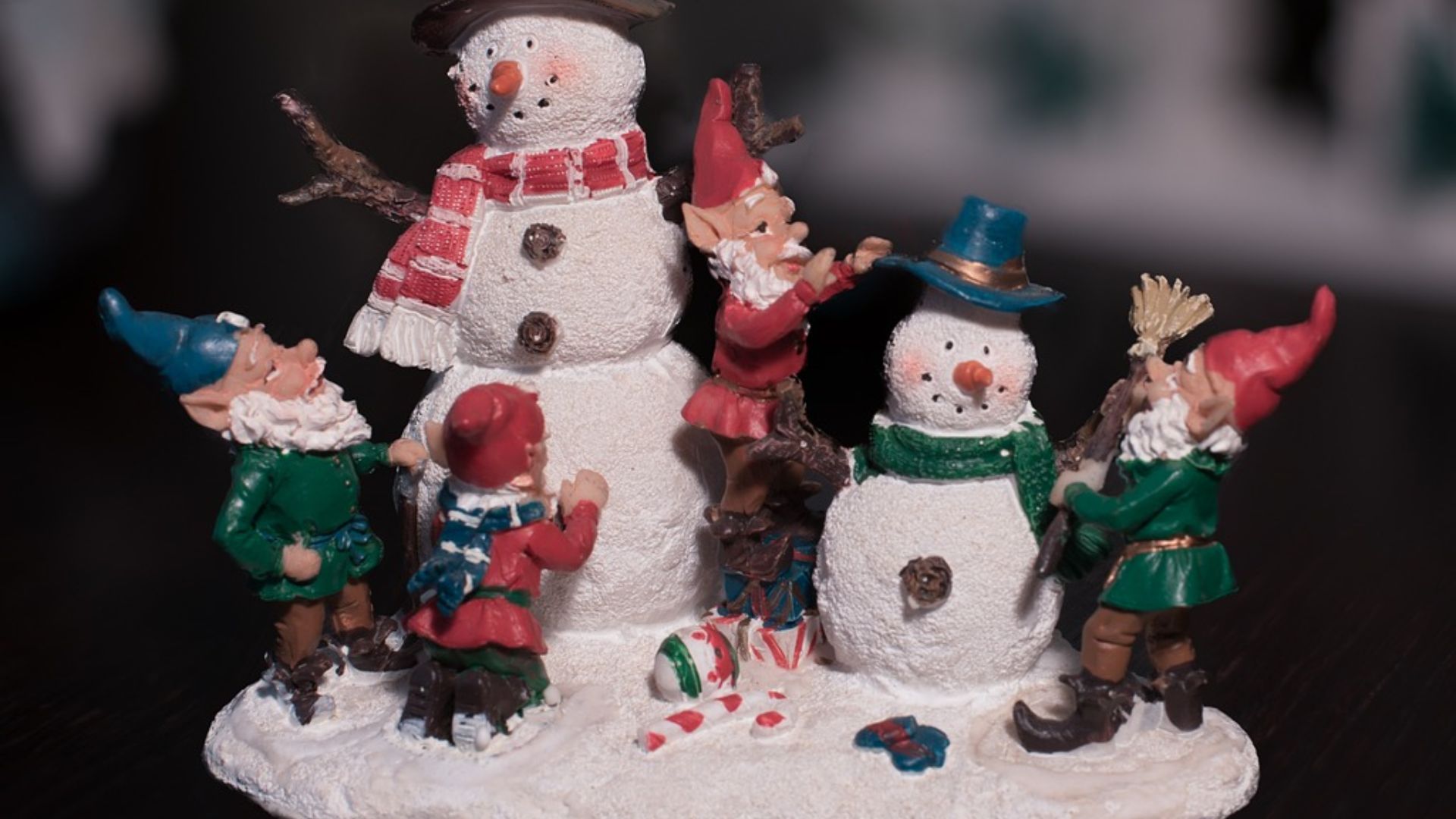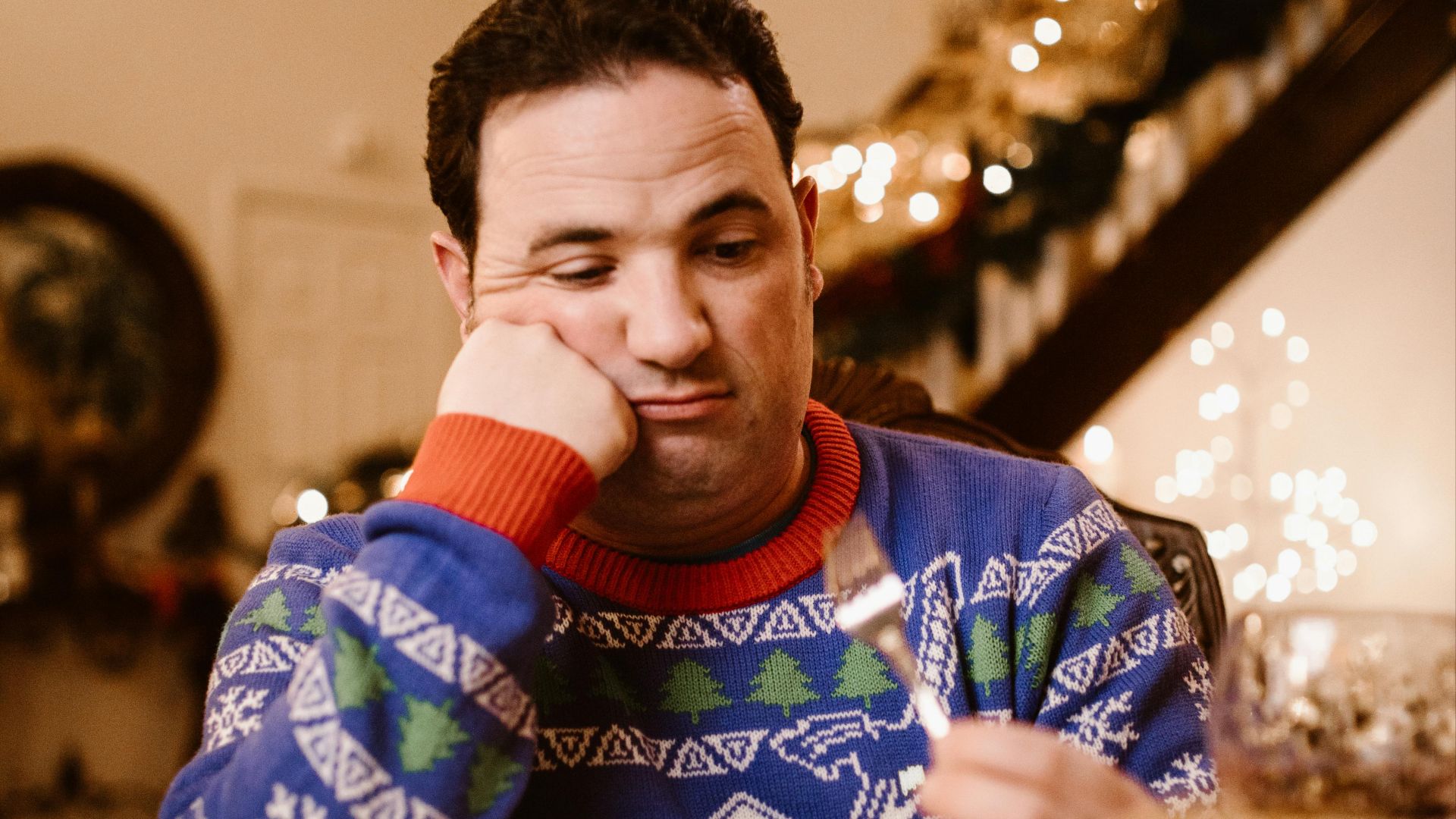It’s hard to say this without sounding like you’re about to rain terror down on the unsuspecting citizens of Whoville, but Christmas comes too early.
We don’t mean the date itself. Obviously, unlike Thanksgiving or Easter, the official date of Christmas hasn’t shifted. But the advertising seems to come earlier and earlier each year.
The second Jack-O-Lanterns are put out for the garbage, the Christmas creep begins in earnest. Lists are written and rewritten, Mariah Carey starts defrosting as her voice once again fills the airwaves.
Forget Remembrance Day or Thanksgiving or any other meaningful events that may fall in that intervening month and a half. Once Halloween is buried out back with the other ghouls and goblins, it’s time for all Christmas all the time.
While radio stations and television networks that don’t base a large portion of their branding and revenue around Christmas—look at you, Hallmark—are somewhat restrained when it comes to Christmas programming, the same can’t be said of advertising. Elves share shelf space with Elsa costumes throughout October. Christmas stock hits some stores before the back to school rush is even over!
It didn’t used to be this way.
The Christmas Creep
The Christmas Creep, to use the technical term—started during WWI. Prior to that, it was common to leave Christmas shopping to the days before, or even the day of. This placed an enormous burden on retail and factory workers, many of which weren’t yet protected by child labor laws.
Another reason for the Christmas Creep is that people had to make sure their presents made it overseas in time. Military mail, especially with the unpredictable nature of trench warfare, was subject to delays and missed deliveries. A 1918 campaign encouraged families to mail presents before November 17 to ensure they arrived on time.
Similar measures were taken during WWII, but you would expect things to go back to normal in peacetime, right? By that point, Christmas was already so commercialized that there was no coming back. What began as protective labor measures soon placed even more stress on workers, requiring them to work longer hours.
So, why is this a problem? Well, there are several reasons.
Christmas Capitalism
One of the most obvious is that not everyone celebrates Christmas. Whether they celebrate other winter holidays or nothing at all is a personal business. But, if you’re the sort of person who doesn’t delight in reindeer and carols and ho-ho-ho, the ever-growing Christmas Creep can make the whole of Winter feel like a torture nexus. There’s no escaping the Christmas Creep, and you’re tarred and feathered as a Scrooge if you dare speak against it.
Another problem is that advertising reduces what should be a holiday spent celebrating togetherness into a capitalist competition. Obviously, companies rely on marketing in order to survive. And, obviously, Christmas and the surrounding season is the main source of revenue for many businesses.
However, this early-bird advertising dilutes the importance of Christmas. It isn’t about spending time with your loved ones, it’s about buying them the best presents at the best deals, as soon as possible. Christmas is one big commercial, not a holiday.
Festive Fatigue
Aren’t there dozens of songs and books and movies about how Christmas isn’t about the gifts you get, but the people who spend it with? Shouldn’t we have learned something by now?
Even people who love Christmas don’t love the Christmas Creep. By the time December 25 rolls around, it feels as though we’ve been celebrating Christmas for a month. At that point, holiday joy feels more like holiday fatigue.
You can leave the lights up after January 1st, in fact, it’s rather nice to see a light in those long, dark days. However, we implore you to wait at least until Thanksgiving to put the decorations up. And, for the love of St. Nick himself, have pity on retail workers.











